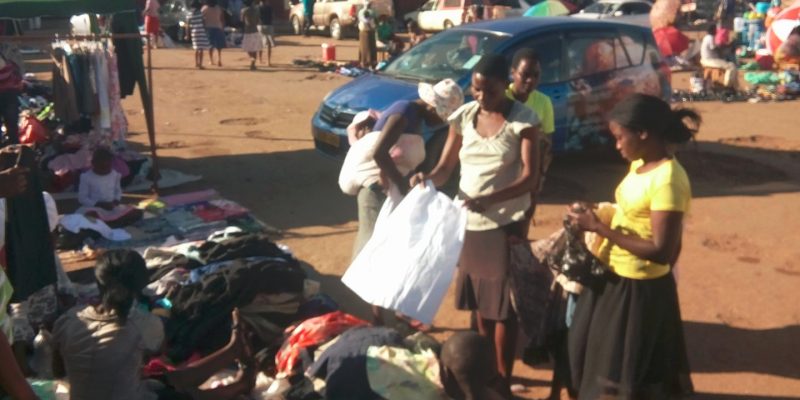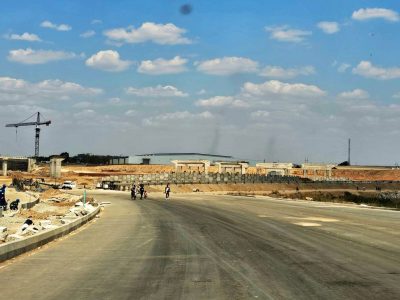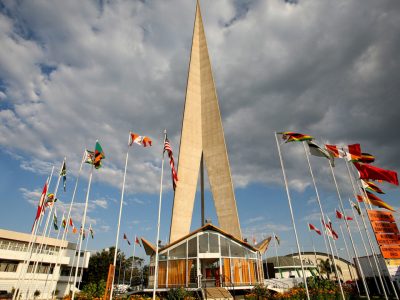A 25 year old vendor from Glen View has been hospitalised after contracting cholera, in a case that has once again exposed Harare’s fragile public health systems and deepening crisis in water and sanitation management.
The patient, who operates from Tichagarika Shopping Centre, was admitted to Beatrice Road Infectious Diseases Hospital with symptoms of vomiting, diarrhoea, nausea, and severe dehydration. Medical officials confirmed that the man had eaten food prepared by vendors at the shopping centre and consumed water stored in a bucket, both of which were unregulated and likely contaminated.
By Ruvarashe
While he is now in a stable condition and responding to treatment, the case has triggered renewed scrutiny of living conditions in Harare’s high-density suburbs. Though the immediate area around the patient’s home showed no visible sewer blockages and the toilet was functional, the wider sanitation picture in Glen View tells a different story, one marked by persistent sewage bursts, blocked drains, and poor waste collection.
Informal settlements and densely populated suburbs continue to struggle with erratic municipal water supply. In many parts of the city, water is only available once every few days, forcing residents to turn to unsafe sources such as shallow wells and unprotected boreholes. With no refuse collection and deteriorating sanitation infrastructure, illegal dumping has become commonplace, increasing the risk of waterborne diseases.
The city’s food safety environment further complicates the situation. Informal food vending, while a vital source of livelihood for many, often operates without basic hygiene standards. Food is prepared in open-air settings using untreated water, and storage containers are rarely cleaned or disinfected. The risk of cholera spreading through such practices remains high, particularly during the rainy season.
While health authorities have provided cholera vaccinations to affected individuals and carried out education campaigns, these short-term interventions are up against long-standing structural challenges. Chronic underinvestment in water infrastructure, poor maintenance of sewer systems, and weak enforcement of sanitation regulations have all contributed to an environment where preventable diseases like cholera resurface year after year.
What emerges from this case is not just a single incident of illness, but a symptom of systemic failure. Until consistent access to clean water, functional sanitation, and regulated food safety becomes the norm, Harare’s vulnerable communities will remain exposed to outbreaks that should belong in the past.
The call for urgent, city-wide infrastructure renewal and a stronger public health safety net is no longer just a policy recommendation, it’s a public health necessity.








Comments